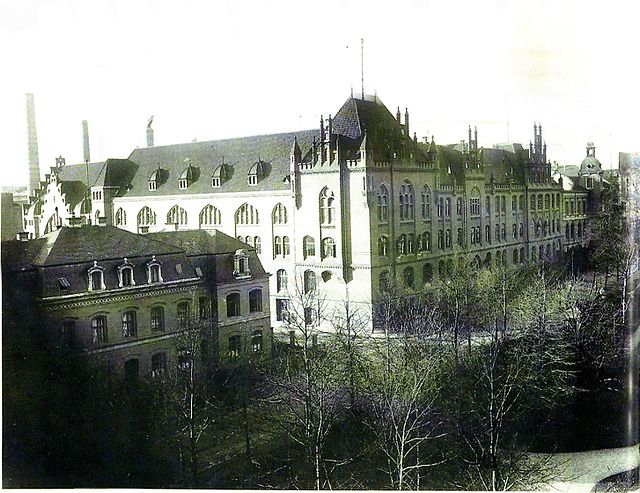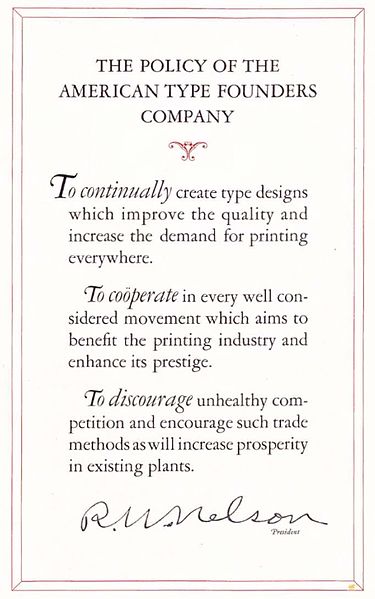Historians and other scholars disagree on the question of whether a specifically fascist type of economic policy can be said to exist. David Baker argues that there is an identifiable economic system in fascism that is distinct from those advocated by other ideologies, comprising essential characteristics that fascist nations shared. Payne, Paxton, Sternhell et al. argue that while fascist economies share some similarities, there is no distinctive form of fascist economic organization. Gerald Feldman and Timothy Mason argue that fascism is distinguished by an absence of coherent economic ideology and an absence of serious economic thinking. They state that the decisions taken by fascist leaders cannot be explained within a logical economic framework.
Prisoners in a Nazi concentration camp doing forced labour
A cartel is a group of independent market participants who collude with each other as well as agreeing not to compete with each other in order to improve their profits and dominate the market. A cartel is an organization formed by producers to limit competition and increase prices by creating artificial shortages through low production quotas, stockpiling, and marketing quotas. Cartels can be vertical or horizontal but are inherently unstable due to the temptation to defect and falling prices for all members. Additionally, advancements in technology or the emergence of substitutes may undermine cartel pricing power, leading to the breakdown of the cooperation needed to sustain the cartel. Cartels are usually associations in the same sphere of business, and thus an alliance of rivals. Most jurisdictions consider it anti-competitive behavior and have outlawed such practices. Cartel behavior includes price fixing, bid rigging, and reductions in output. The doctrine in economics that analyzes cartels is cartel theory. Cartels are distinguished from other forms of collusion or anti-competitive organization such as corporate mergers.

Headquarters of the Rhenish-Westphalian Coal Syndicate, Germany (at times the best known cartel in the world), around 1910
The printing equipment company American Type Founders (ATF) explicitly states in its 1923 manual that its goal is to "discourage unhealthy competition" in the printing industry.



